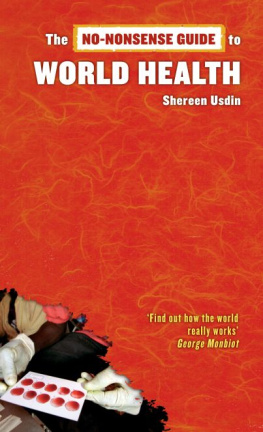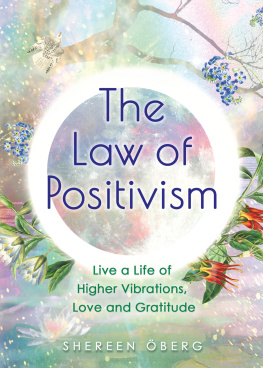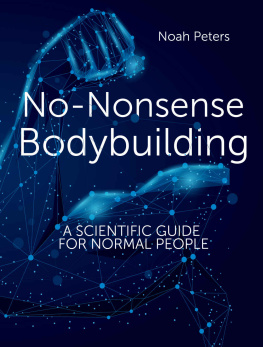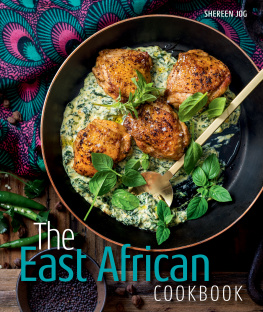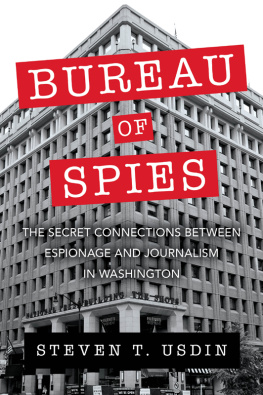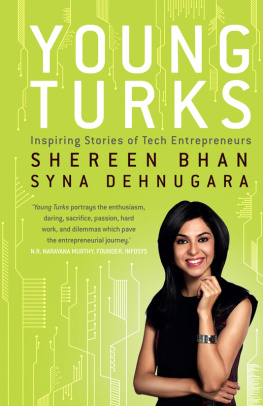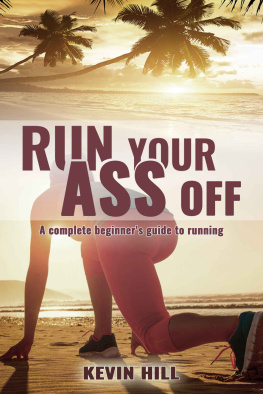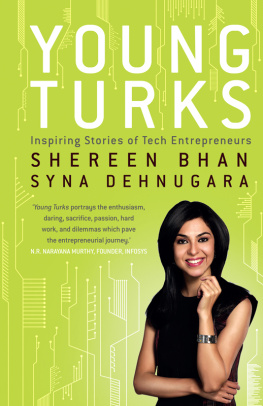Contents
by Archbishop Emeritus Desmond Tutu
Foreword
At the dawn of the 21st century we have the wherewithal, more than ever before, to secure a life of health and wellbeing for each and every citizen of this earth. And yet millions of people still die every day from preventable diseases such as HIV/AIDS, TB, diarrhea, malaria and measles. The list is long.
Over the last 5 years, more than 40 million Africans alone died deaths that could have been averted if we were only committed to doing so. This number surpasses the total deaths from all modern African and global conflicts including the two world wars. It is roughly the equivalent of the combined population of Africas 10 least populous countries. The total number of deaths worldwide that result from preventable diseases is almost beyond our capacity to imagine.
How is it possible that in a world with unparalleled wealth, so many people die of diseases that have their roots in grueling, demeaning, dehumanizing poverty?
Poverty has many causes but the current inequities are in large part due to a globalizing economy that is gathering wealth at the expense of the poor. Trade has the potential to lift millions of poor people around the world out of poverty but currently it is doing the opposite. Unfair trade rules are allowing the rich to get richer, while the poor are getting poorer. Today, more than half the population of Africa lives on less than a dollar a day.
The citizens of many countries that have thrown off the shackles of colonialism had great hopes for freedom. But freedom is nothing if it does not translate into electricity; clean water; a safe place to live; a job that pays a living wage; schools for ones children and access to health care.
At the moment wealthy nations spend billions on weapons when a fraction of the worlds military budgets would eradicate poverty and provide basic needs from food to clean water for everyone. If the wealthy nations were really committed to improving the lives of the poorer nations we could end poverty and in doing so reduce the tragic death toll from poverty-related diseases.
The fact that so many people are poor and live in an unequal world creates a crisis that affects us all. Poverty not only gives rise to diseases that can spread around the globe, it also jeopardizes national economies and endangers social and political security. As humans, we are bound together and ultimately we will sink or swim together.
My dream is that one day my children will wake up and realize that they are members of one global family. A family that cares for one another.
It is my hope that every child has a decent chance of survival, that every child can have access to an adequate education and health care. The spin-off for individual countries and ultimately for the entire world would be tremendous.
We must do something because it is the logic of being human. We cannot be human on our own: we can be human only together.
Shereen Usdins No-Nonsense Guide to World Health is premised on this belief that without social justice, a life of health and dignity for all the worlds people cannot be fully realized.
Archbishop Emeritus Desmond Tutu
Nobel Peace Prize Laureate
Introduction
In 1981, as a young medical student at the University of the Witwatersrand in Johannesburg, I attended a conference called Apartheid and Health: History of the Main Complaint. It joined many dots for me at a time in South Africa when there was little that made sense.
All good doctors begin examinations by asking about the history of the main complaint. This precedes the physical examination and is designed to get to the bottom of the problem. Where is the pain, when did it start, what makes it worse, what makes it better? And so on. A diagnosis follows and treatment is prescribed.
The Apartheid and Health conference challenged us to go beyond this history and ask questions that would get to the root cause of disease and death under apartheid.
This questioning would reveal the history of a man whose main complaint was a lingering cough with night sweats and chest pain. The disease was TB but the root cause was his life as a miner exposed to the bacillus while extracting the gold South Africa is famous for. Denied the vote under apartheid, black South Africans were made citizens of arid homelands in far-flung areas. A pool of labor for White South Africa, but unable to live there permanently, people became migrants in their own country. Living in squalid, overcrowded single-sex hostels, lack of decent food and poor working conditions made the miner an easy target for infection.
This interpretation of the history of the main complaint has resonated with many others. My work as a doctor only served to solidify the diagnosis that ill health is inextricably linked to poverty and inequity for which social justice is the cure.
This book was written in the heat of a Johannesburg summer with mosquitoes buzzing around my sleeping child. I imagined what it would be like to be a parent in an endemic malaria area. It would be hard to have a good nights sleep. And yet, despite a million children dying every year from malaria, the world sleeps.
This book examines what we are sleeping through. It looks at the political economy of health in todays world. It hopes to answer why in this day and age, where there is so much wealth, there is also so much suffering.
Every attempt has been made to reflect the terrain accurately but new developments on the global health landscape have arisen even in the course of writing this book. The G8 group of richest countries is soon to meet again and new commitments will be made. Or maybe not.
It is an enormous field to traverse and there is not enough space in this book to do it full justice. Many important health-related areas are missing war and other complex humanitarian emergencies, disability, youth, education, and much else. Some issues, reduced to paragraphs here, are the subject of tomes. The scope of the problem is disheartening on many levels.
But at the same time there is cause for optimism. Not so long ago, books suggesting another world is possible were relegated to shelves alongside dusty copies of Das Kapital. Nowadays this view is increasingly mainstream. People are seeing the impact of the current world order all around them. With this has come an acknowledgement that the treatment for the main complaint is a commitment to social justice and the universality of human rights.
Shereen Usdin
Johannesburg, South Africa
Chapter 1
1 No Health for All by the 21st century
Modern high-tech warfare is designed to remove physical contact: dropping bombs from 50,000 ft ensures that one does not feel what one does. Modern economic management is similar: from ones luxury hotel, one can callously impose policies about which one would think twice if one knew the people whose lives one was destroying.
Joseph Stiglitz, former World Bank Chief Economist and Nobel Laureate in Economics, 2001.1
Spectacular gains in life expectancy have taken place but the benefits have been unevenly distributed. Todays world is beset with inequities exacting an enormous toll on health. The causes go way back but they have been deepened by macroeconomic policies imposed over the last few decades on the South. Serving the interests of the North they are in large part why WHOs clarion call of Health For All by the Year 2000 remains a lofty dream.
If an alien were to land on earth today it would have a hard time explaining things to the mothership. It would flash back photographs of Citizen X, sipping mineral water in his luxury penthouse, followed by Citizen Ys mother collecting water from a stagnant stream.i

